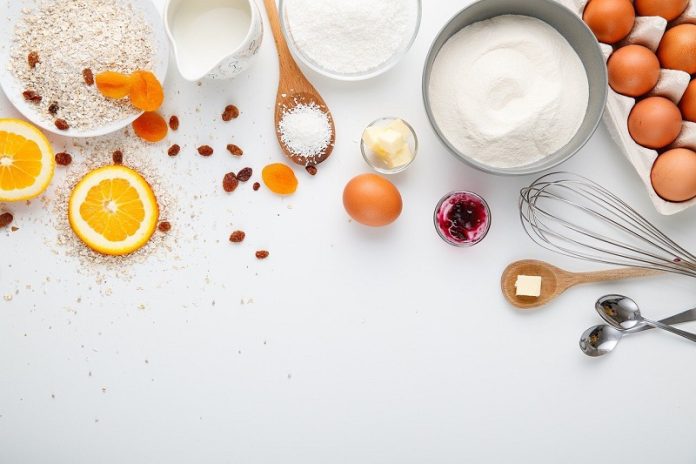
Scientists from the University of Delaware found that added sugar in daily diet is strongly linked to high blood pressure in older women.
Hypertension or high blood pressure is a very common chronic health condition in older people. Importantly, diet and lifestyle have a strong influence on blood pressure health.
In this study, researchers examined the association between several dietary habits and blood pressure in older adults.
They tested 128 participants, aged 65–80 years. In these people, the team examined the associations between diet, including meats, vegetables, grains, fruits, dairy, fats, added sugar, and blood pressure.
They found there was a strong association between intake of added sugar and blood pressure in older women after controlling for age, income, body mass index, physical activity levels, daily calorie intake, and blood pressure medication use.
The team found that a decrease of 2.3 teaspoons of added sugar would result in an 8.4 mmHg drop in systolic blood pressure and a 3.7 mmHg drop in diastolic blood pressure.
Blood pressure is measured using two numbers: The first number, called systolic blood pressure, measures the pressure in your arteries when your heart beats.
The second number, called diastolic blood pressure, measures the pressure in your arteries when your heart rests between beats.
In addition, eating whole fruit was linked to a reduction in diastolic blood pressure in both men and women, and for every 0.71 cup increase in whole fruit eating, there would be a decrease in diastolic blood pressure of 2.8 mmHg.
These findings are in line with other studies, which found that the effects of added sugar intake — higher blood pressure, inflammation, weight gain, diabetes, and fatty liver disease — are all linked to an increased risk for heart attack and stroke.
The study supports the dietary guidelines, which suggest older people should limit their daily intake of added sugar and increase whole fruit eating to improve heart health.
The research is published in Nutrients and was conducted by Sheau Ching Chai et al.
Copyright © 2022 Scientific Diet. All rights reserved.





